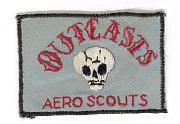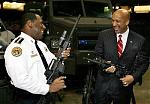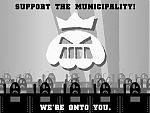FM 3-27.75 The Warrior Ethos and Soldier Combat Skills, 28 January 2008
(316 page 28 Mb pdf)
Earlier versions for comparison:
FM 21-75 Combat Skills of the Soldier, 3 August 1984
(249 page 13.4 Mb pdf)
FM 21-75 Combat Training of the Soldier and Patrolling, 10 July 1967
(No soft copy available)















Bookmarks